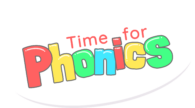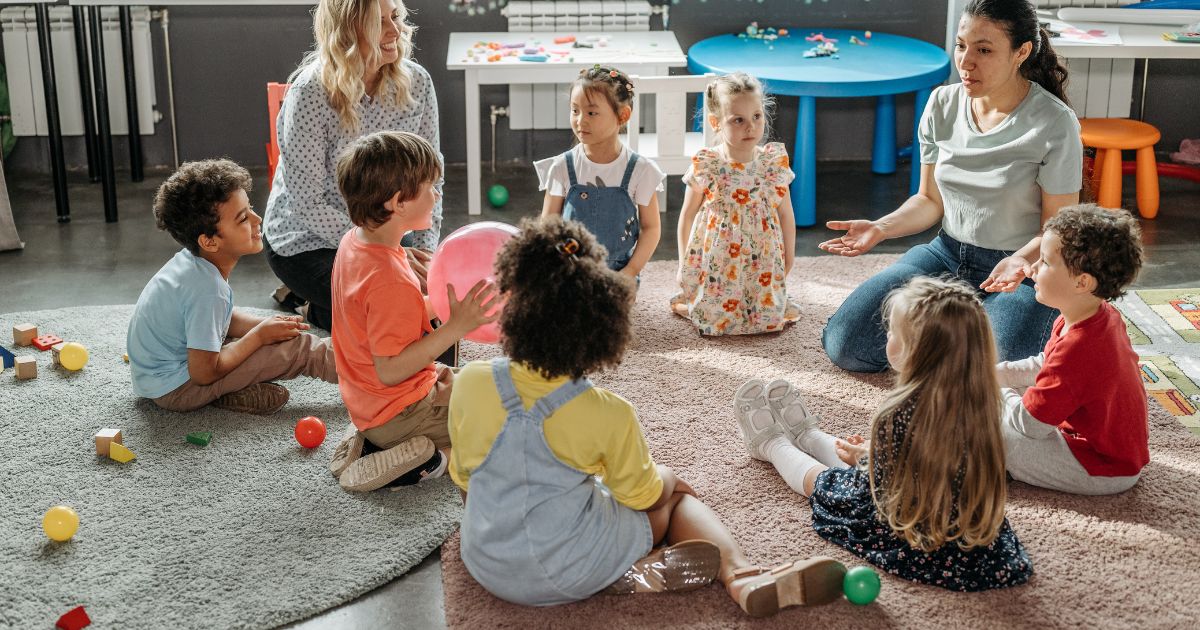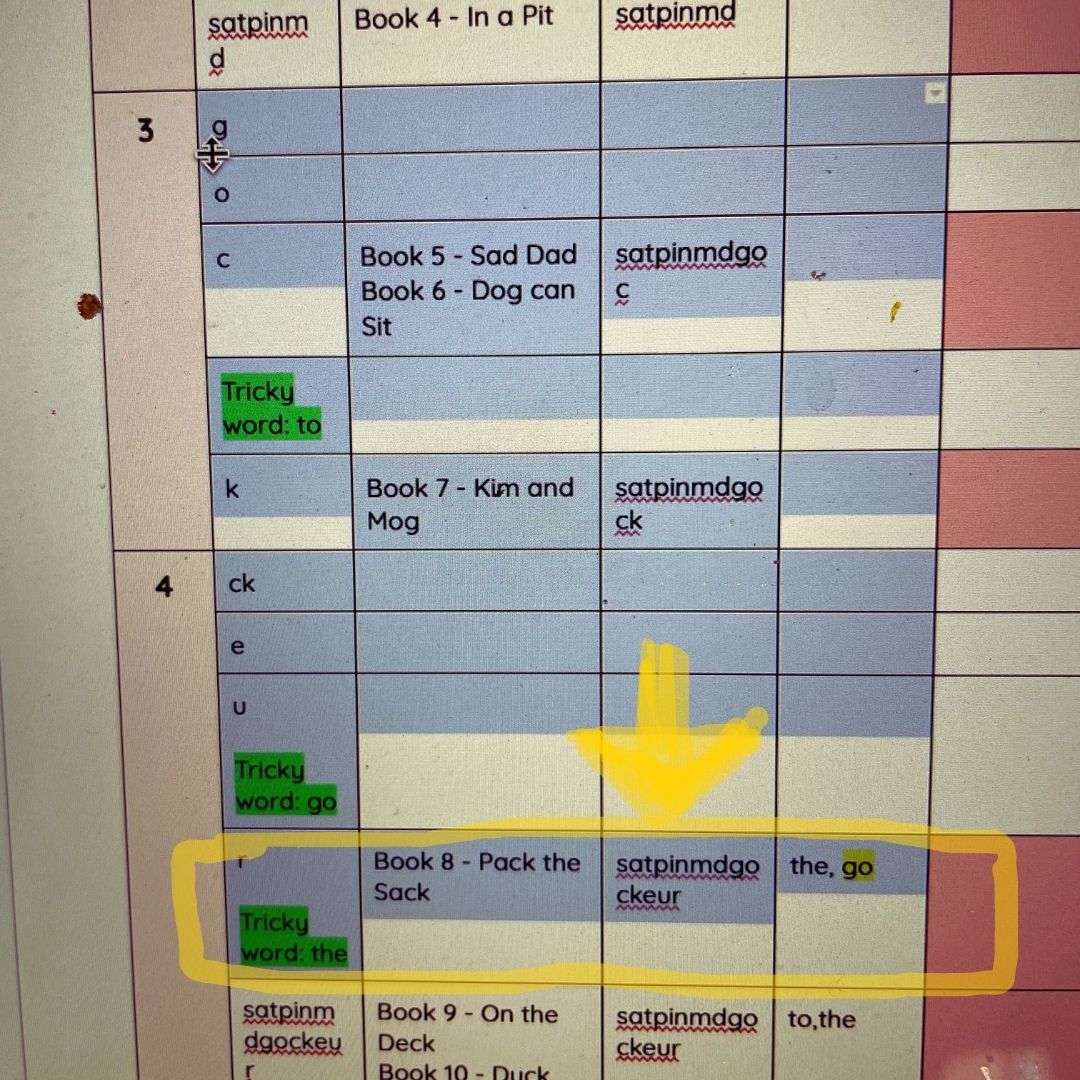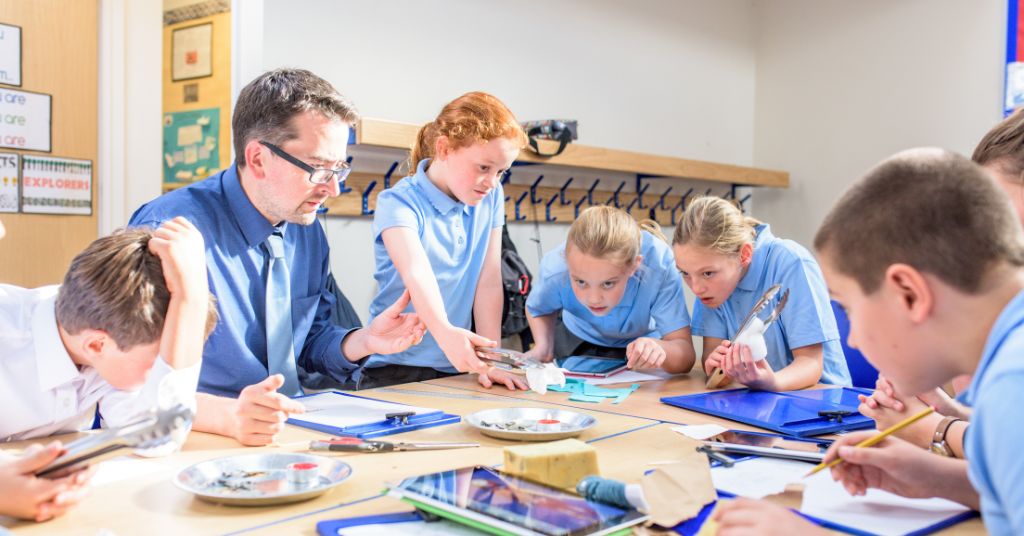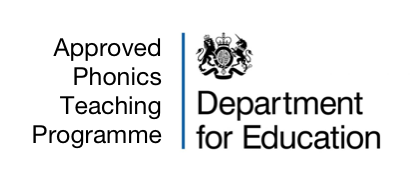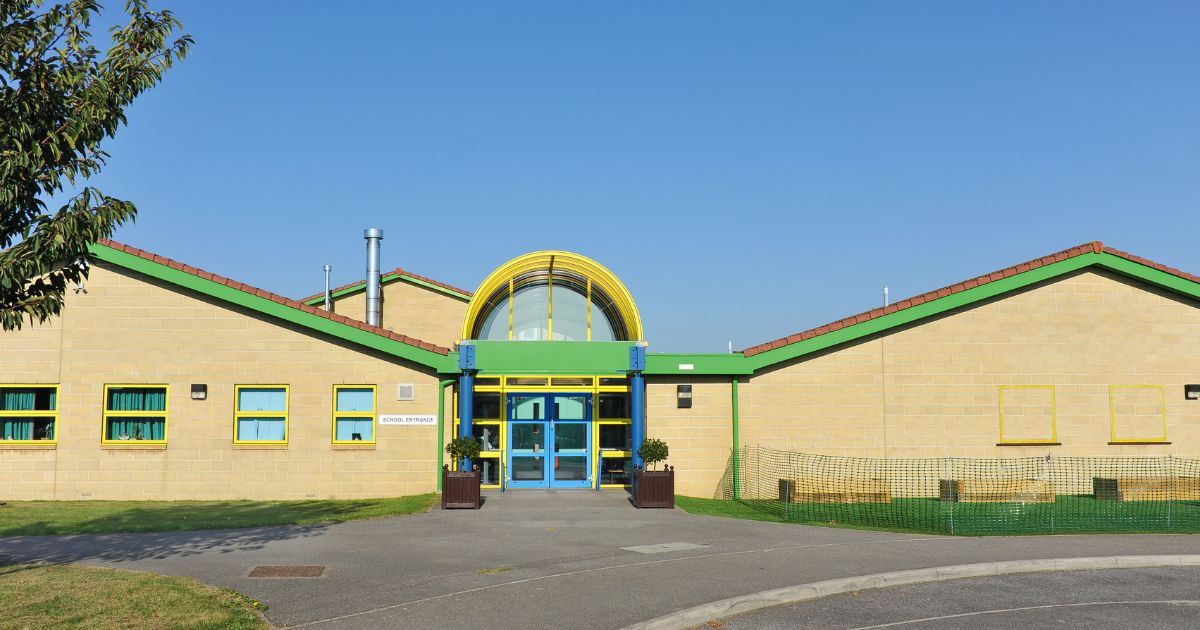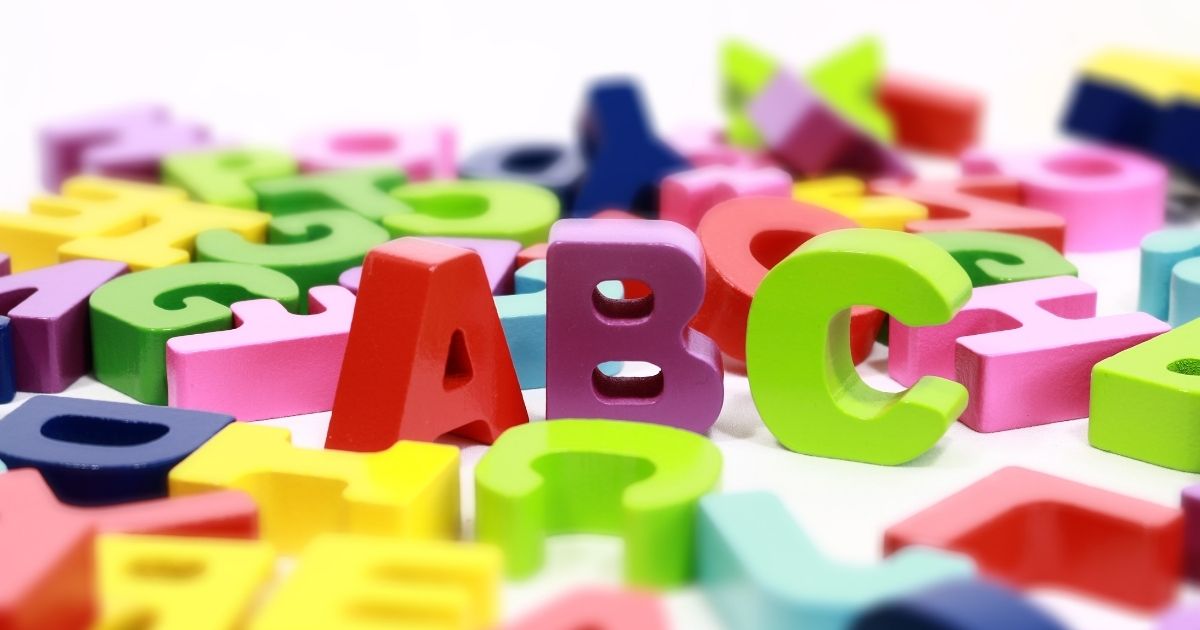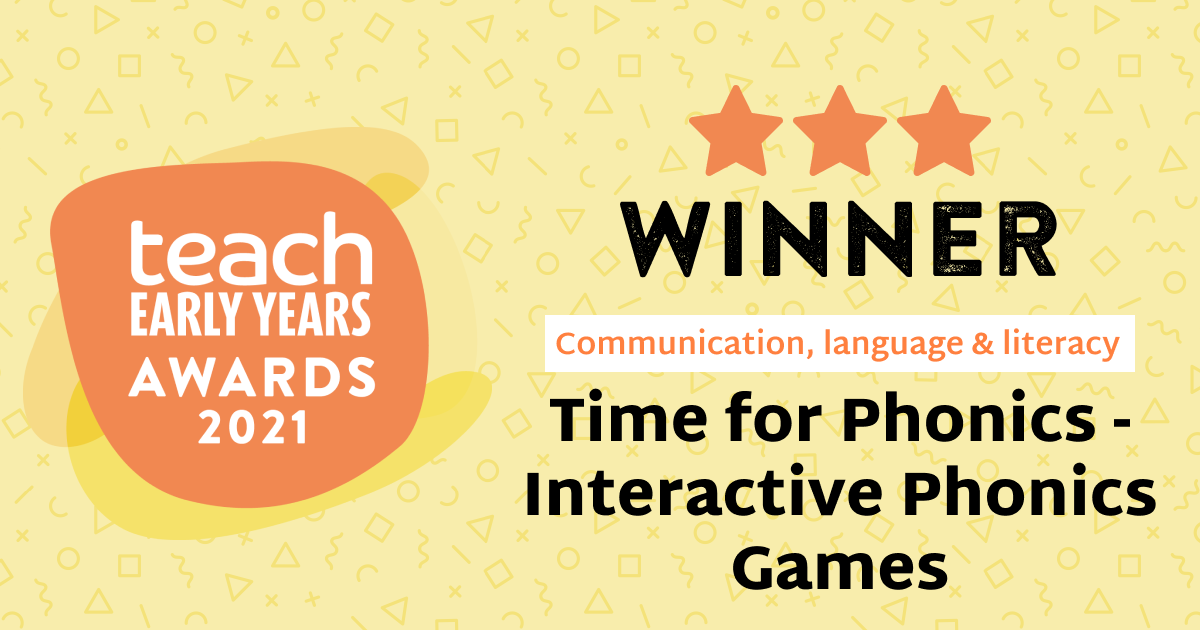Phonics
Information Hub
Find out more about phonics
Heard of phonics and want to find out more? New to teaching and want to brush up on your phonics CPD? Or perhaps you're an experienced teacher who has recently moved year groups. You might be a parent/carer who wants to find out how to help your child with phonics at home? Either way, we've got lots of useful phonics information to help you in our phonics information hub. Keep reading to find out more!
About phase 2
Phase 2 phonics is usually introduced during a child's first year at school (usually in Reception, so age 4-5) and aims to teach children at least 19 letters and move them towards oral blending and segmenting so that at the end of phase 2 they will be able to read and spell two letter words, as well as some CVC words (this stands for consonant, vowel, consonant words such as "bat"). Our phase 2 games are specifically geared up to help children with blending and segmenting skills and to prepare them for the phonics screening check.
About phase 3
Children usually start learning phase 3 phonics during their first year of primary school (Reception) - so aged 4-5, once they are familiar with phase 2 phonics. They will enter phase 3 knowing around 19 letters and should be able to blend and segment two and three letter words. During phase 3, children will learn another 25 graphemes (many of which will be two letter graphemes), and the remainder of the 44 sounds (phonemes). The phase 3 phonics games we have provided work in order so that the phonemes can be worked through in the order suggested by the Letters and Sounds framework.
About phase 4
By phase 4 most children will know around 44 phonemes (letter sounds) and be able to blend them to read and spell three letter CVC (consonant, vowel, consonant) words. They will also be able to start reading 2 syllable words and captions. The purpose of phase 4 phonics is to consolidate children's knowledge of words containing adjacent consonants and polysyllabic words.
About phase 5
By phase 5, children should be able to read and spell words containing adjacent consonants as well as polysyllabic words. During this phonics phase, children should be starting to read and spell a variety of different words, putting their phonics knowledge into practice. Children will also learn new graphemes and alternative pronunciations for these graphemes. Children will also start to choose the appropriate grapheme for words that could have a number of possible alternative spellings.
Key phonics information
If you're looking for detailed information on phonics instruction, how to teach phonics, phonics play ideas, phase 5 phonics games, information about blending and segmenting, phonemic awareness, phonics word recognition and more, then you'll find it right here in our phonics content hub.
